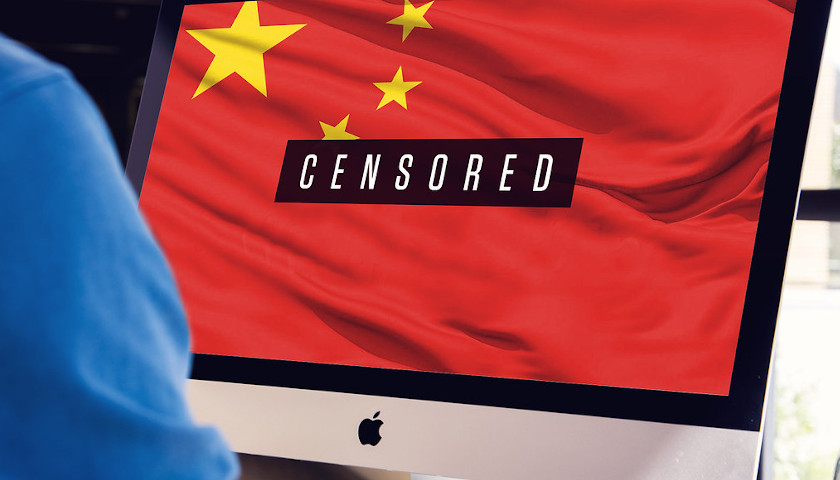Tech behemoth Apple complied with an order from the Chinese government to remove popular messaging apps from the company’s app store in the country, The Wall Street Journal reported Friday.
Apple removed messaging platforms WhatsApp, Signal and Telegram, as well as social media app Threads, from its Chinese App Store in compliance with an order from the Cyberspace Administration of China, which cited national security concerns as the reason for the restrictions, according to the WSJ. China’s order follows a heated debate among U.S. lawmakers over whether to place restrictions on the Chinese Communist Party-linked app TikTok, with some parties calling for the app to either be sold to a non-Chinese entity or be banned in the U.S.
Read More


